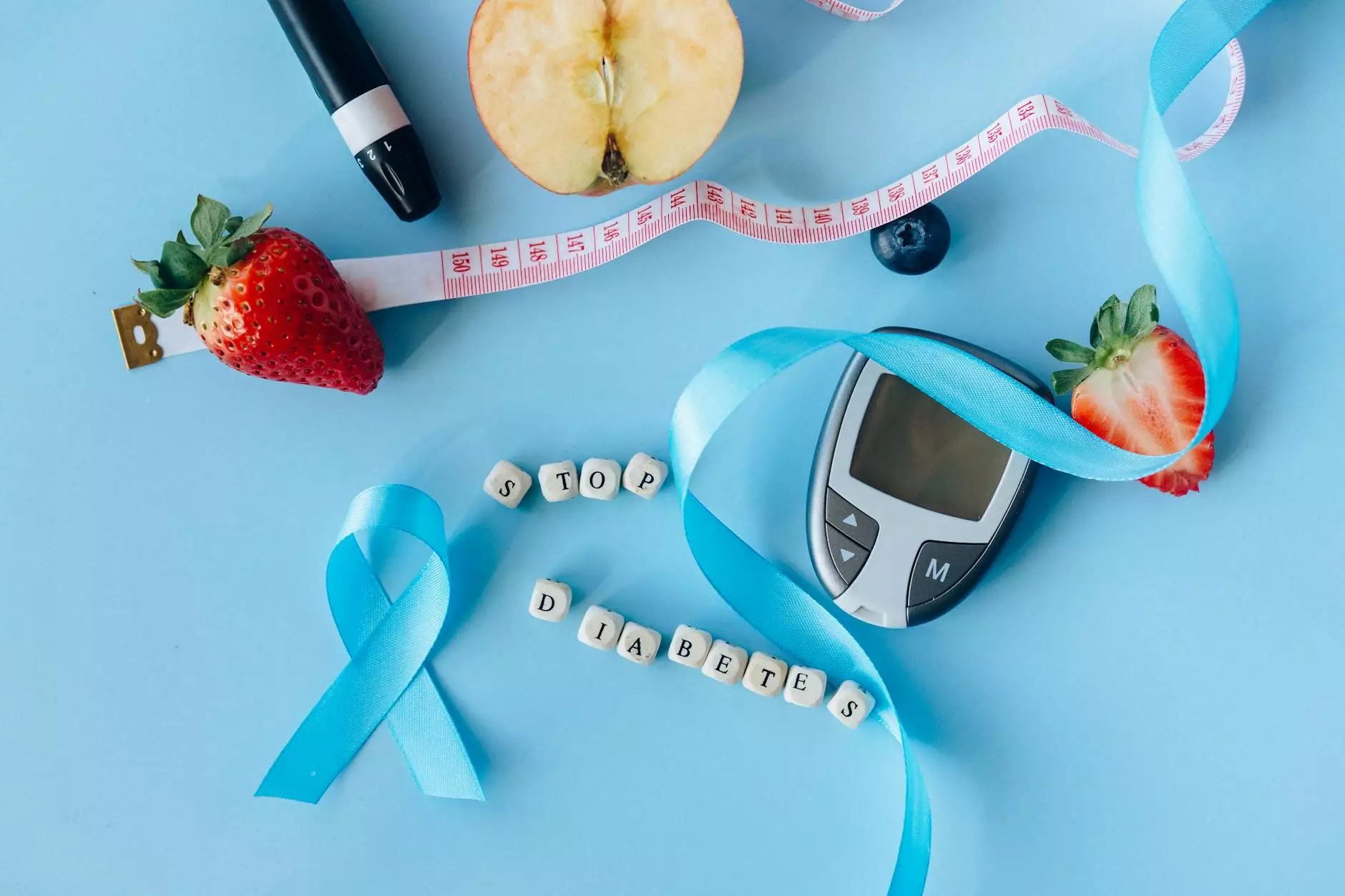Understanding Hysterectomy Health Risks

Hysterectomy is a surgical procedure involving the removal of the uterus, often recommended for various medical conditions affecting a woman's reproductive health. While this surgery can provide significant relief from symptoms, it's crucial to understand the associated health risks. In this comprehensive exploration, we'll examine the benefits, potential complications, and critical considerations surrounding hysterectomy health risks.
What is a Hysterectomy?
A hysterectomy may be conducted for several reasons, including:
- Uterine fibroids
- Endometriosis
- Uterine prolapse
- Abnormal bleeding
- Cancer of the uterus, cervix, or ovaries
There are several types of hysterectomies, including:
- Total hysterectomy: Removal of the uterus and cervix.
- Partial hysterectomy: Removal of the uterus while leaving the cervix intact.
- Radical hysterectomy: Removal of the uterus, cervix, surrounding tissues, and sometimes part of the vagina.
Benefits of Hysterectomy
Women may choose a hysterectomy for various reasons, and the procedure can provide significant benefits, such as:
- Relief from chronic pain and discomfort caused by conditions like endometriosis.
- Resolution of heavy bleeding that interferes with daily activities.
- Elimination of fibroids and their related symptoms.
- Prevention of uterine or cervical cancer.
- Improved quality of life, particularly if unable to tolerate other treatments.
Potential Health Risks of Hysterectomy
While hysterectomy can offer relief, it is essential to consider the potential health risks involved. Some of the most common hysterectomy health risks include:
1. Surgical Complications
As with any surgery, there are inherent risks, including:
- Infection at the surgery site
- Excessive bleeding
- Damage to surrounding organs, such as the bladder or intestines
- Blood clots, particularly in the legs
2. Hormonal Changes
If the ovaries are removed along with the uterus, a woman may experience sudden menopause. This can manifest as:
- Hot flashes
- Night sweats
- Mood swings
- Vaginal dryness
- Decreased libido
These symptoms can significantly affect quality of life and may require hormone replacement therapy (HRT).
3. Psychological Impact
The emotional consequences of a hysterectomy can be profound. Some women may experience:
- Feelings of loss, especially if the decision was made under distressing circumstances.
- Changes in body image and sexual health.
- Anxiety or depression connected to hormonal changes or changes in fertility.
4. Long-term Health Risks
Research suggests there may be long-term health implications after a hysterectomy. Some women experience an increased risk of:
- Heart disease
- Bone density loss and osteoporosis
- Weight gain associated with hormonal changes
Making an Informed Decision
Deciding to undergo a hysterectomy is deeply personal and can be affected by various factors, including individual health conditions, age, and lifestyle. Here are steps to help in making an informed decision:
1. Consult Healthcare Professionals
Engaging with experienced healthcare providers is essential. At drseckin.com, a team of dedicated professionals can provide tailored advice based on specific health needs.
2. Understand Alternatives
Review available treatments, such as medication, physical therapy, or less invasive surgical options. Understanding what alternatives exist can empower your decision-making.
3. Discuss All Risks
Before proceeding, ensure you fully understand the potential hysterectomy health risks. Ask about both common and rare complications associated with the surgery.
4. Assess Your Quality of Life
Dive deep into how your current health issues are affecting your life and whether the anticipated benefits of surgery outweigh the risks involved. Consider factors like:
- Current pain levels
- Frequency and impact of bleeding
- Emotional well-being
Post-Surgery Care and Recovery
The road to recovery can vary significantly depending on personal health status and the type of surgery performed. Generally, care after a hysterectomy may include:
- Following post-operative instructions from your surgeon.
- Managing pain with medications, as prescribed.
- Engaging in gentle physical activity, gradually increasing as advised.
- Participating in support groups for emotional and psychological recovery.
Conclusion
Understanding the hysterectomy health risks is vital for any woman considering this surgery. While it can significantly improve health and quality of life, being informed allows for optimal decision-making. Engage with healthcare professionals, understand all options, and seek support for both physical and emotional recovery.
For expert guidance and support in navigating your health choices, visit drseckin.com. Your health deserves informed choices and expert care.









